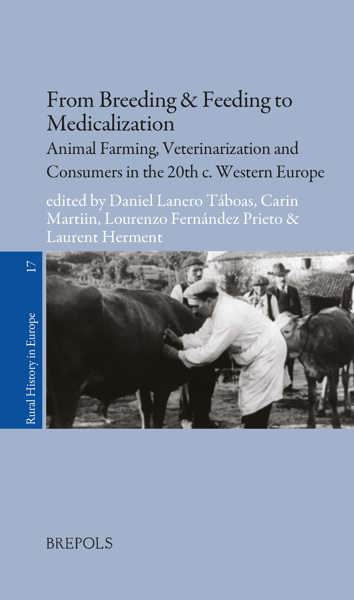
From Breeding & Feeding to Medicalization
View publication
"(...) no me cabe duda de que recorrer este volumen enriquece, no sólo por el acopio de información concreta que uno puede obtener, sino también por las novedosas metodologías y modelos que puede encontrar (...)" (José-Miguel Lana, in: Historia Agraria, 58, Diciembre 2012, p. 199-203)
Erich Landsteiner teaches economic and social history at the University of Vienna. His research interests cover European Economic History (15th-18th centuries), Agrarian History, Early Modern Trade and Finance.
Ernst Langthaler is senior researcher at the Institute of Rural History in St. Pölten. His research interests cover farming styles, agrosystems and food regimes in nineteenth and twentieth century Europe.